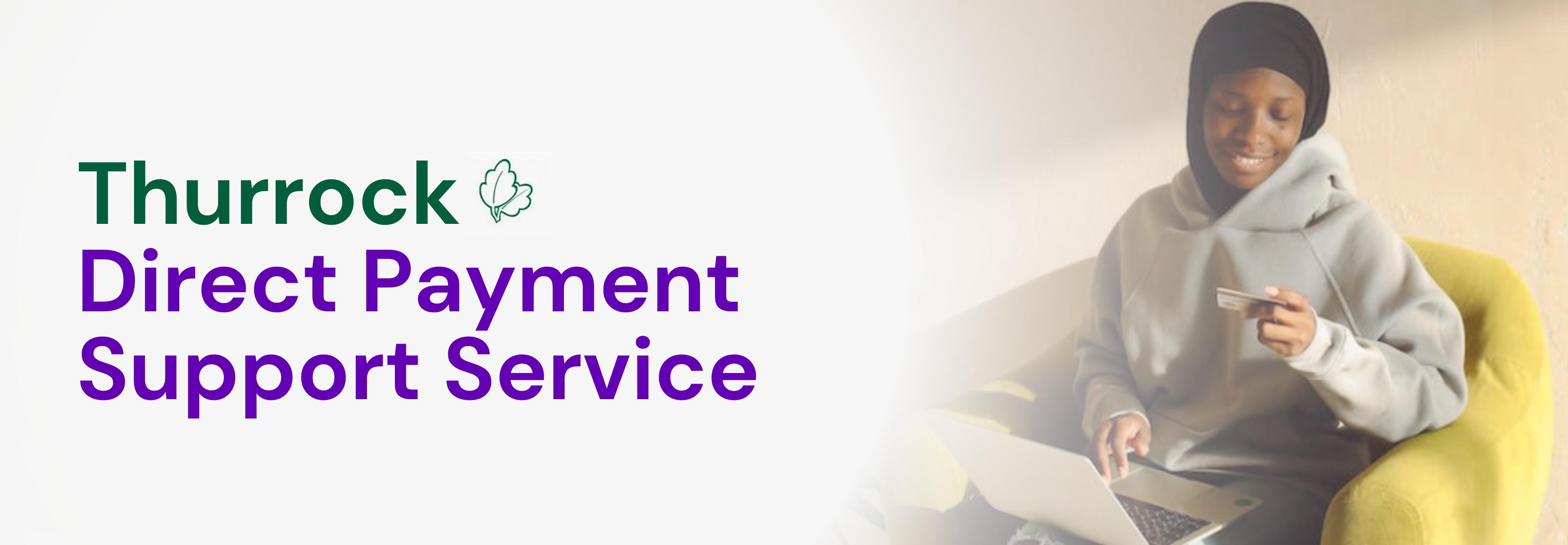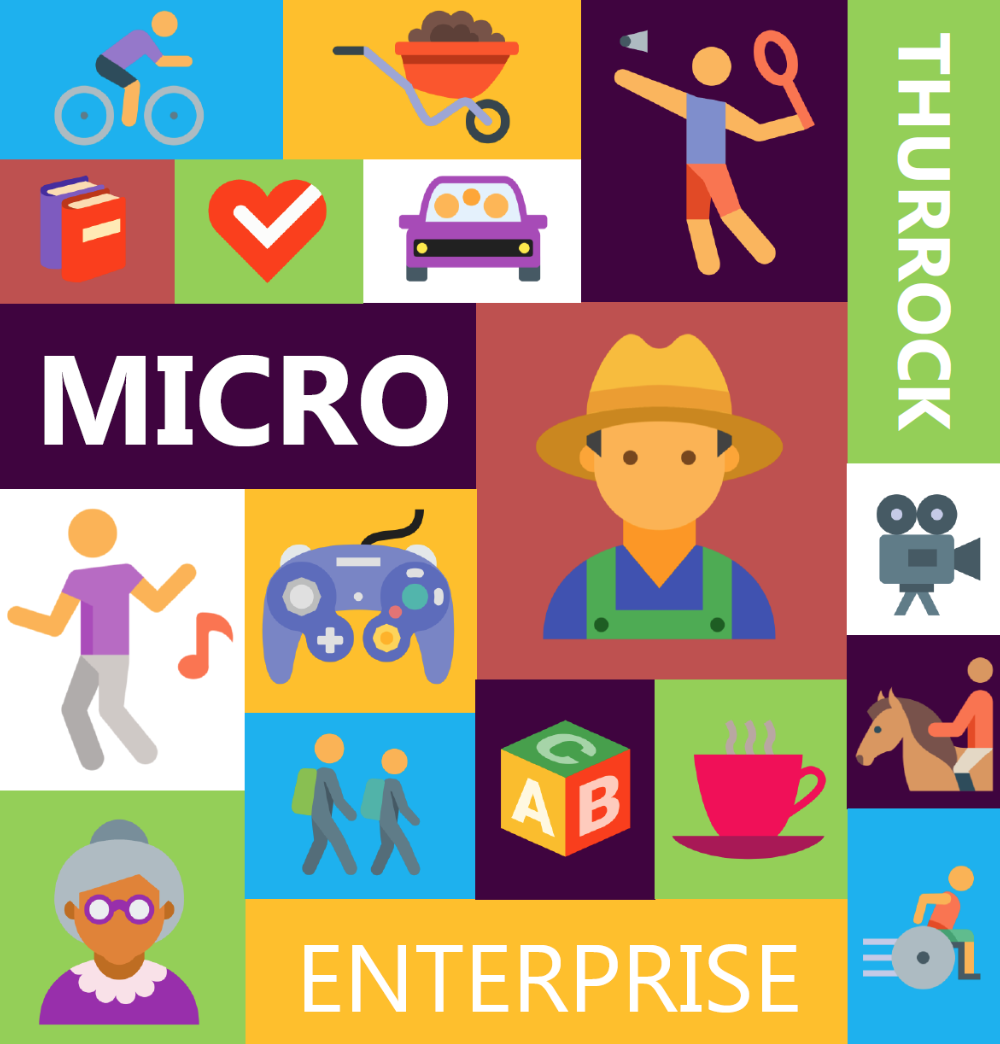Local area coordinators (LACs) help vulnerable people find ways to make a better life. Based in towns and villages around Thurrock, they know the local people – those who need help, and those who can offer different types of help.
They don’t provide a formal social care or health service. Instead they ask people “what would make a good life for you?”, and help them find how best to lead that life in their local community.
Who can get help
Support is extended to adults aged 18 and over, including many who are elderly, who may be experiencing:
- Feelings of isolation
- Depression
- Physical disabilities
- Sensory impairments
- Learning difficulties
- Complex mental health issues
Vulnerable people can be introduced to their local area coordinator by:
- their GP or health organisations
- local community groups, or representatives such as councillors
Making connections
Local area coordinators want to help people avoid reaching a crisis in their life, or help them to recover if a crisis has already happened.
They know who to talk with, and how local community and care services work. This includes:
- council services
- health services
- police and fire services
- volunteer organisations
- community groups
You can read more examples of help offered.
Get in touch
Contact your local area coordinator if you think that you, or a relative or neighbour, could benefit from their help.
Local Area Coordinators email: localareacoordination@thurrock.gov.uk






